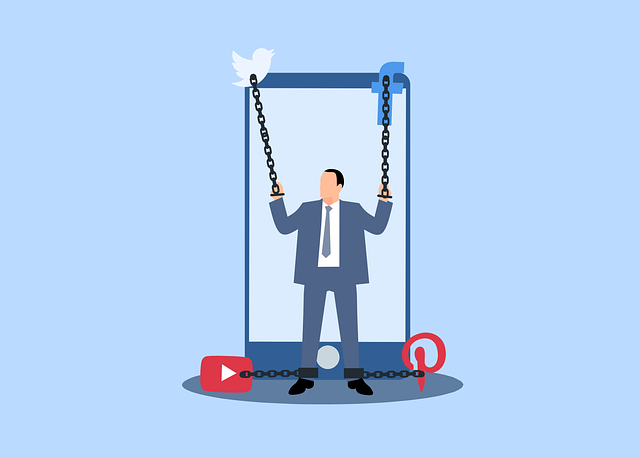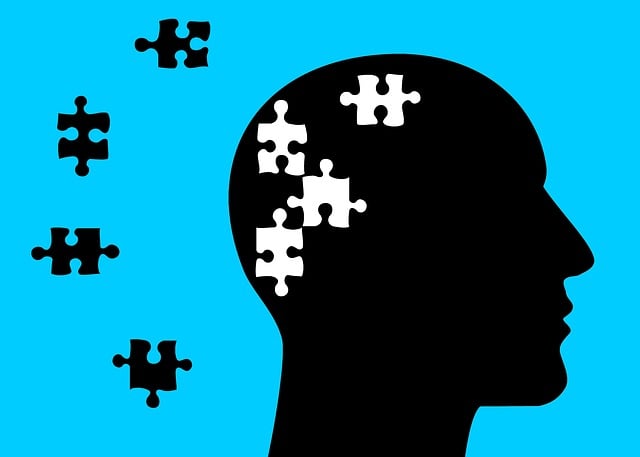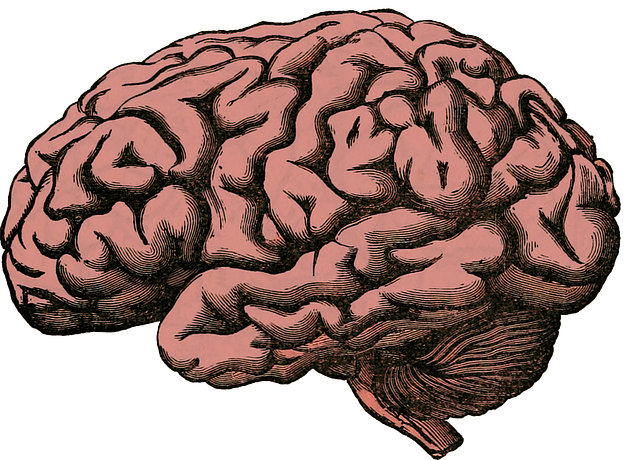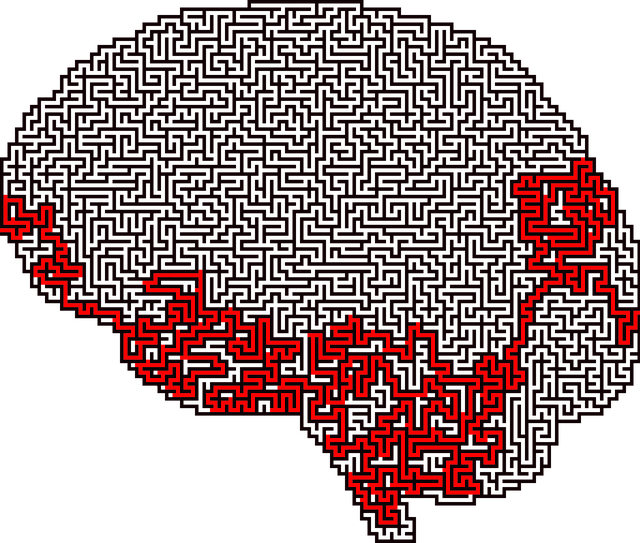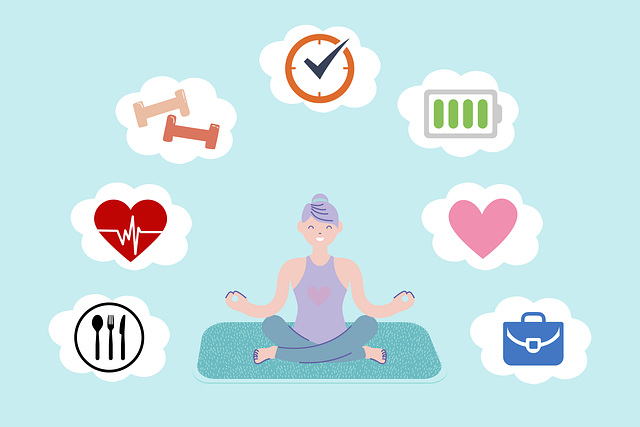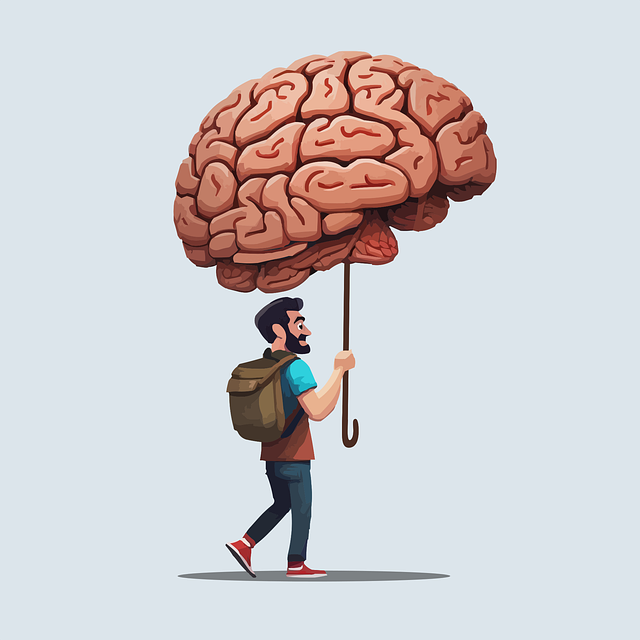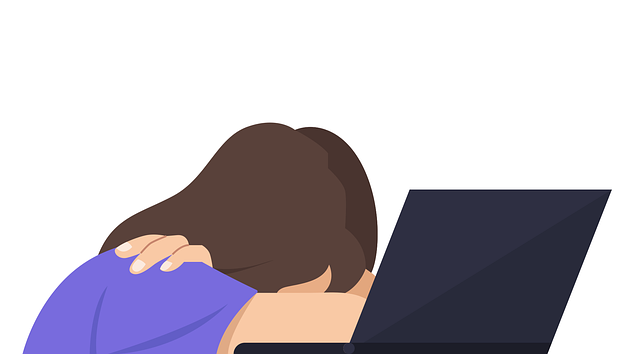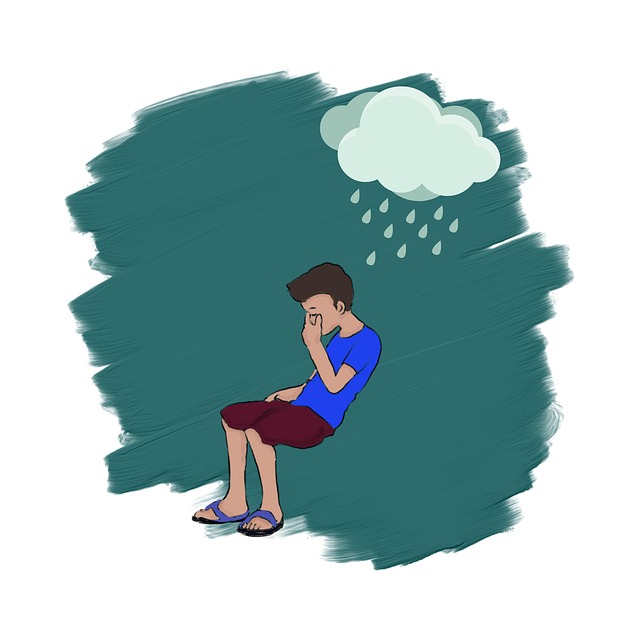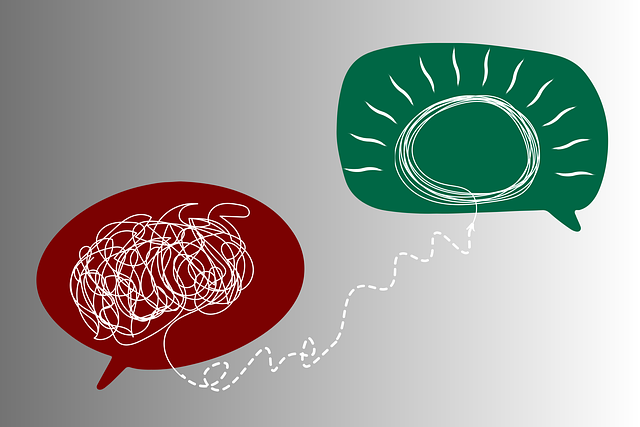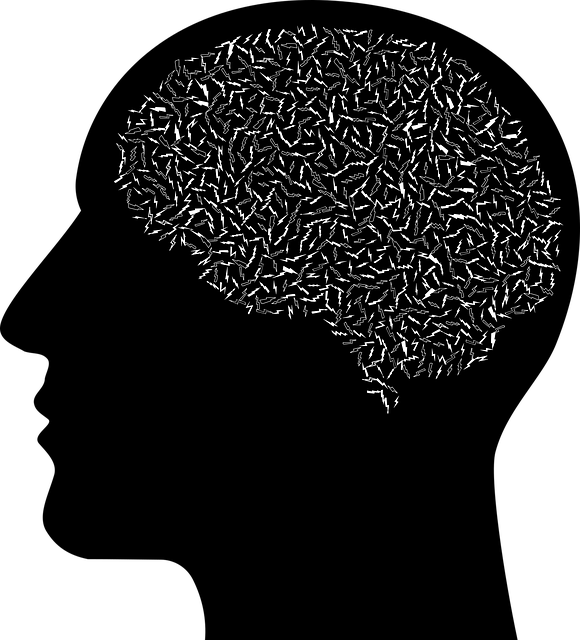Social skills training, particularly through innovative approaches like Golden Developmental Disability Therapy (GDDT), is crucial for individuals with mental health conditions or developmental disabilities. GDDT combines cognitive behavioral therapy, mindfulness practices, and community outreach to improve communication, build resilience, and boost self-esteem. By addressing social interaction issues, enhancing confidence, and teaching tailored stress reduction methods through role-playing, this holistic program promotes healthier relationships and reduces feelings of isolation. Integrating mental wellness journaling and anxiety relief techniques further empowers participants to engage more comfortably in social settings, fostering a greater sense of community belonging and improved overall emotional well-being.
Social skills training is a powerful tool for individuals navigating mental health conditions, offering a path to enhanced well-being. This article delves into the significance of social connections and their profound impact on mental health, while exploring innovative approaches like Golden Developmental Disability Therapy. We’ll uncover common challenges faced by those with mental health issues in social settings and provide practical strategies for effective training. Additionally, it highlights the importance of integrating social learning into daily life and community engagement.
- Understanding Social Skills and Their Impact on Mental Health
- The Role of Golden Developmental Disability Therapy in Training
- Identifying Challenges: Common Mental Health Conditions and Social Interaction
- Strategies for Effective Social Skills Training
- Integrating Social Learning into Daily Routines and Community Engagement
Understanding Social Skills and Their Impact on Mental Health

Social skills, often overlooked as a vital component of overall well-being, play a significant role in shaping one’s mental health. These skills are essentially the tools we use to interact, communicate, and connect with others. They involve understanding non-verbal cues, maintaining eye contact, actively listening, expressing emotions appropriately, and responding sensitively to social situations. For individuals dealing with mental health conditions or even those with Golden Developmental Disability Therapy needs, mastering these skills can be transformative.
Social skills training addresses the unique challenges faced by people with various mental health concerns, such as anxiety, depression, or autism spectrum disorders. By learning effective communication strategies and appropriate social behaviors, individuals can enhance their relationships, improve self-esteem, and reduce feelings of isolation. Moreover, this training is crucial in promoting Mental Health Awareness and fostering a sense of belonging within the community, ultimately contributing to improved Anxiety Relief and overall well-being.
The Role of Golden Developmental Disability Therapy in Training

Golden Developmental Disability Therapy (GDDT) plays a pivotal role in social skills training for individuals with mental health conditions. This therapeutic approach is designed to foster personal growth, enhance self-esteem, and develop effective communication strategies. Through GDDT, participants learn valuable techniques to navigate social interactions, manage emotions, and build meaningful connections with others—all essential components of maintaining mental wellness.
The program’s success lies in its holistic nature, combining cognitive behavioral therapy, mindfulness practices, and community outreach program implementation. By encouraging positive thinking and promoting a supportive environment, GDDT empowers individuals to overcome social barriers, reduce anxiety, and improve their overall quality of life. This tailored approach ensures that each participant receives the necessary tools to thrive in various social settings, contributing to a more inclusive and understanding society.
Identifying Challenges: Common Mental Health Conditions and Social Interaction

Mental health conditions can significantly impact an individual’s ability to navigate social situations and engage in meaningful interactions with others. Common challenges include anxiety disorders, depression, bipolar disorder, and schizophrenia, each presenting unique barriers to social participation. For instance, individuals with anxiety may struggle with initiating conversations or maintaining eye contact, while those with depression might exhibit a lack of motivation for social activities or experience difficulties in expressing emotions.
Understanding these challenges is the first step towards effective support. Golden Developmental Disability Therapy, as a specialized approach, focuses on identifying and addressing specific social interaction issues. It aims to enhance communication skills, build resilience, and boost confidence, thereby fostering healthier relationships. By incorporating techniques such as role-playing and cognitive-behavioral strategies, therapy helps individuals develop stress reduction methods tailored to their unique needs, enabling them to engage more comfortably in social settings.
Strategies for Effective Social Skills Training

Social Skills Training plays a pivotal role in enhancing mental health and well-being, especially for individuals navigating conditions like anxiety or those with developmental disabilities. The key to effective training lies in tailored strategies that address specific needs. For instance, Golden Developmental Disability Therapy emphasizes practical, context-specific exercises that promote social interaction. This could involve role-playing scenarios, where clients practice greetings, conversation starters, or assertive communication techniques in a safe, supportive environment.
Integrating Mental Wellness Journaling Exercises can be another powerful tool. By encouraging individuals to reflect on their experiences and emotions, they gain insights into triggers and develop coping mechanisms. This self-awareness fosters better social interactions as it allows them to manage anxiety symptoms before or during social events. Additionally, activities focused on Anxiety Relief techniques, such as deep breathing exercises or mindfulness practices, can build resilience, enabling individuals to engage in social situations with greater confidence and comfort.
Integrating Social Learning into Daily Routines and Community Engagement

Integrating social learning into daily routines and community engagement is a pivotal aspect of Golden Developmental Disability Therapy (GDDT). This approach leverages everyday interactions to teach essential communication strategies and emotional well-being promotion techniques, fostering meaningful connections within the community. By embedding these activities in structured yet flexible schedules, individuals with mental health conditions can gradually build resilience against social isolation and burnout prevention mechanisms.
Through GDDT, participants are encouraged to actively participate in local events, join support groups, or engage in volunteer work. These community-based experiences not only enhance communication skills but also provide opportunities for personal growth and a sense of belonging. By combining structured therapy with real-world applications, the program ensures that learned techniques are readily applicable and sustainable, ultimately contributing to improved emotional well-being and enhanced social integration.
Social skills training, particularly through evidence-based approaches like Golden Developmental Disability Therapy, plays a pivotal role in managing mental health conditions. By addressing social interaction challenges, this therapy empowers individuals to navigate daily life more confidently and effectively. Integrating these strategies into daily routines and community engagement not only enhances overall well-being but also fosters meaningful connections, ultimately improving the quality of life for those struggling with mental health issues.
